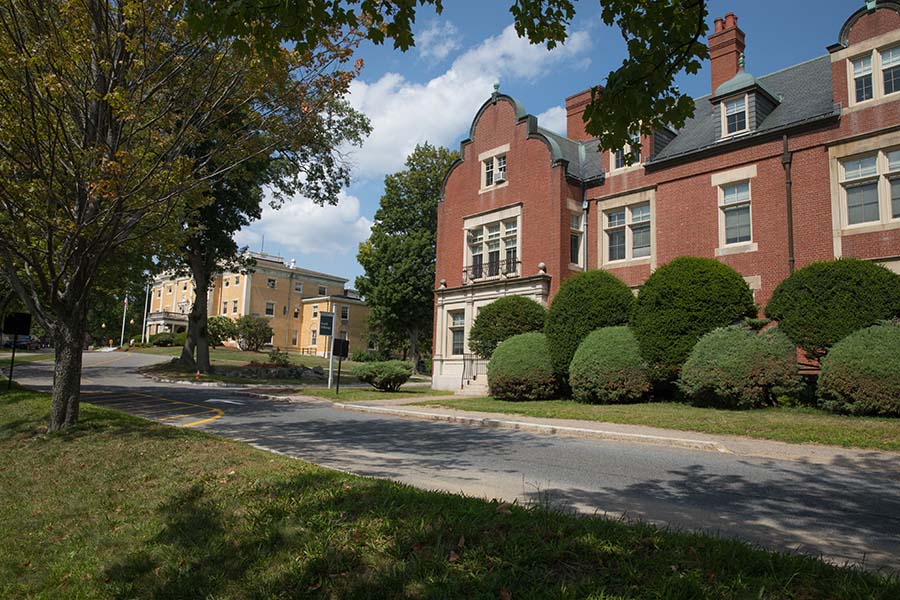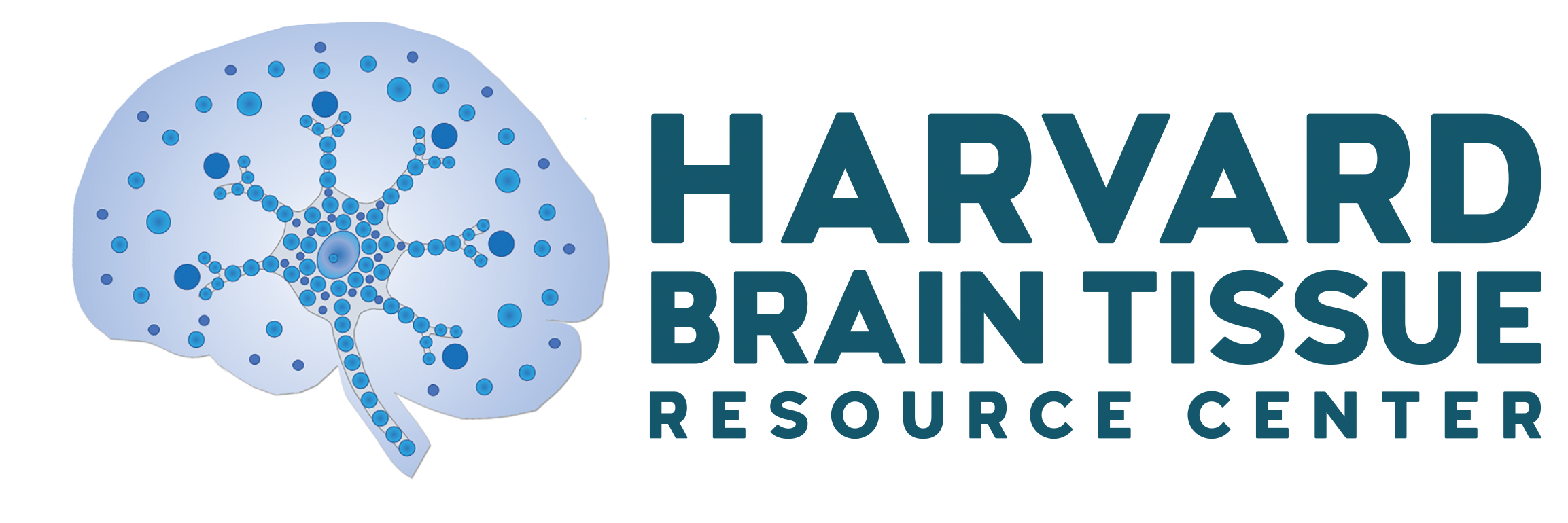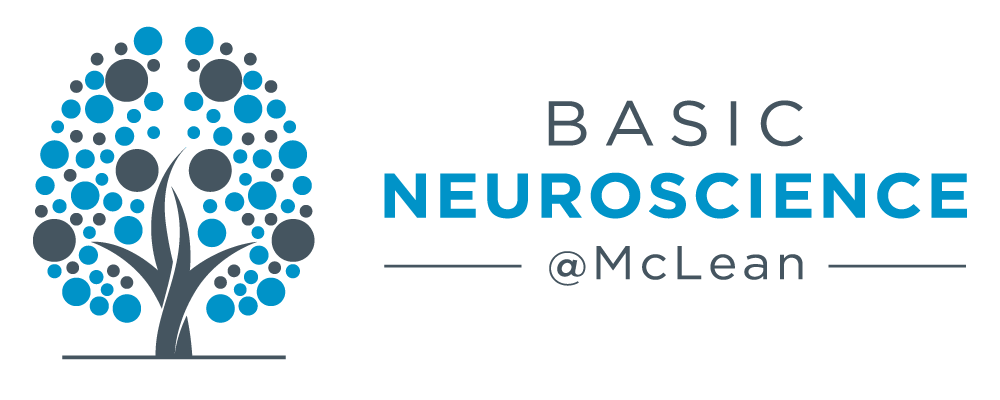Brain Donation
After Brain Donation
For research purposes, it is critical that the HBTRC also receives detailed clinical information about the brain donor. This information is used to confirm the donor’s diagnosis, if applicable, so that tissue samples can be included in research studies about that specific diagnosis. In addition, information about medications, symptoms, course of the disease, clinical family history and systemic conditions (for example, diabetes or high blood pressure) needs to be taken into account in order to design rigorous studies. This information is collected and assessed by clinicians at the HBTRC. It shared with investigators only in de-identified form, to protect the confidentiality of donors and their families.
The HBTRC will guide the legal next-of-kin through the process of releasing the donor’s medical records from medical facilities and ask that a questionnaire about the brain donor be filled in or carried out by a phone interview with a clinician. Without this information, the HBTRC cannot confirm the diagnosis and provide sufficient information to investigators for their research.
Few days following a brain donation, we mail a package of information and forms to the legal next of kin/legal representative who signed the informed consent form. This package contains a condolence letter, a signed copy of the consent form, detailed information regarding brain donation to the HBTRC, a medical history questionnaire, medical release form letters, and instructions for their completion and distribution.
- If you have relevant medical record copies that you would like included in the donor’s HBTRC records, please send regular photocopies (by US Mail) along with the completed medical history questionnaire, and death certificate photocopies.
- Photocopies of the death certificate should also be included with each set of medical release request documents and mailed directly to the respective providers or medical records departments. They will mail the medical record copies directly to the HBTRC.


